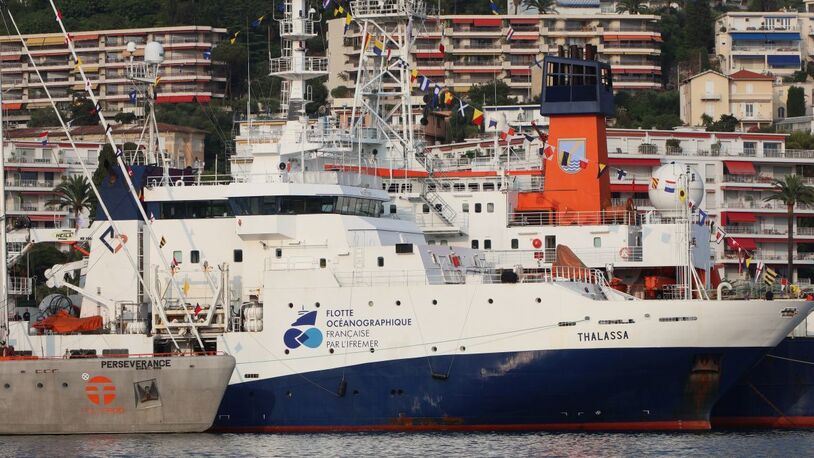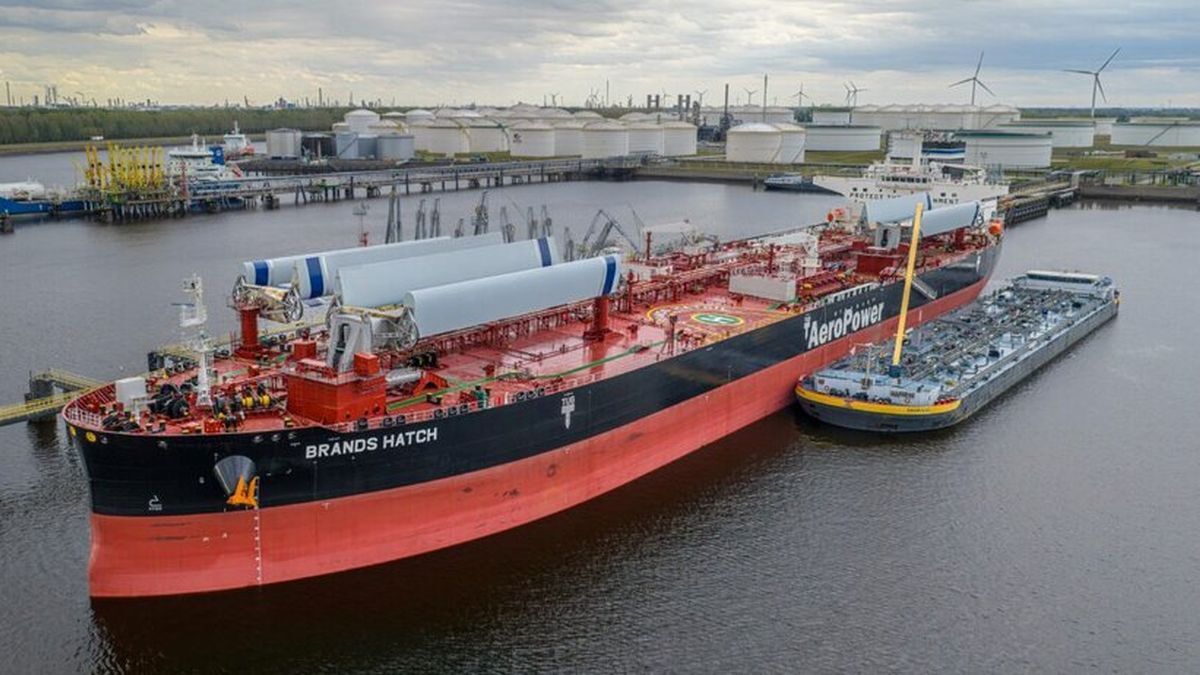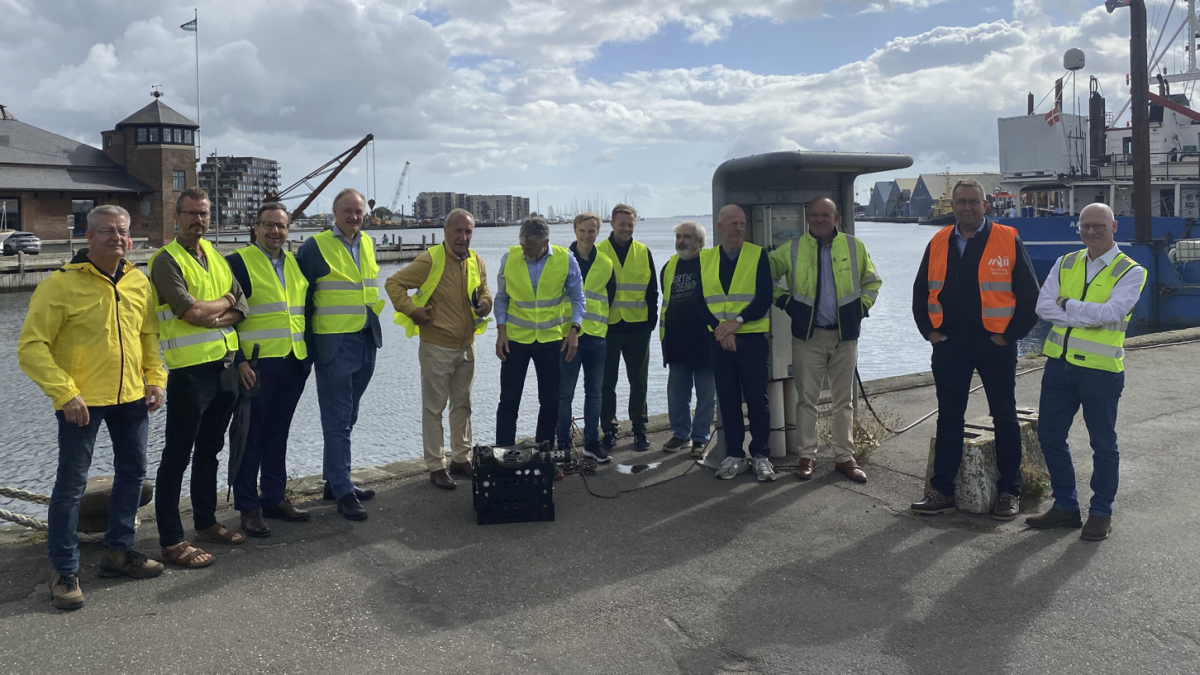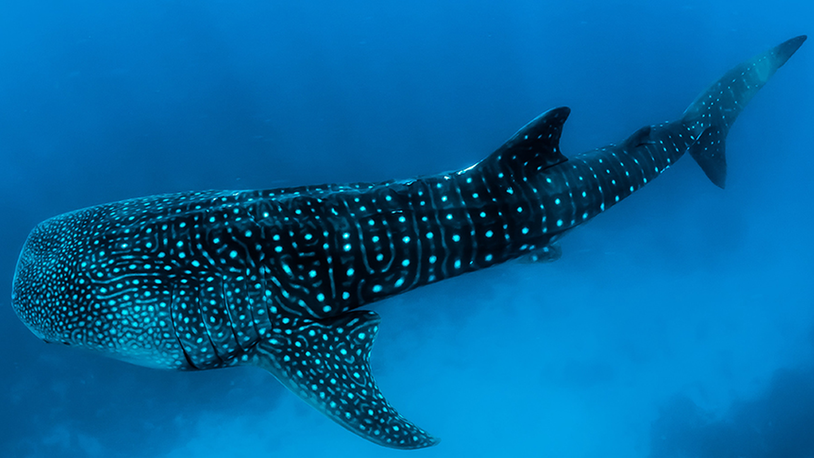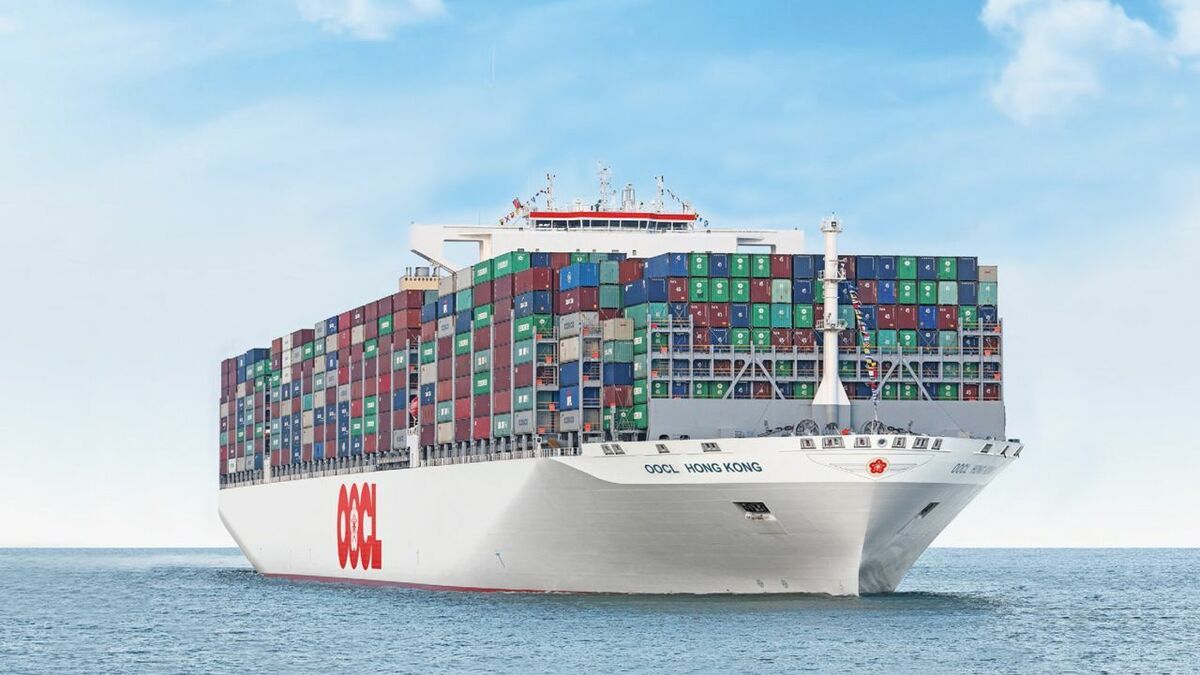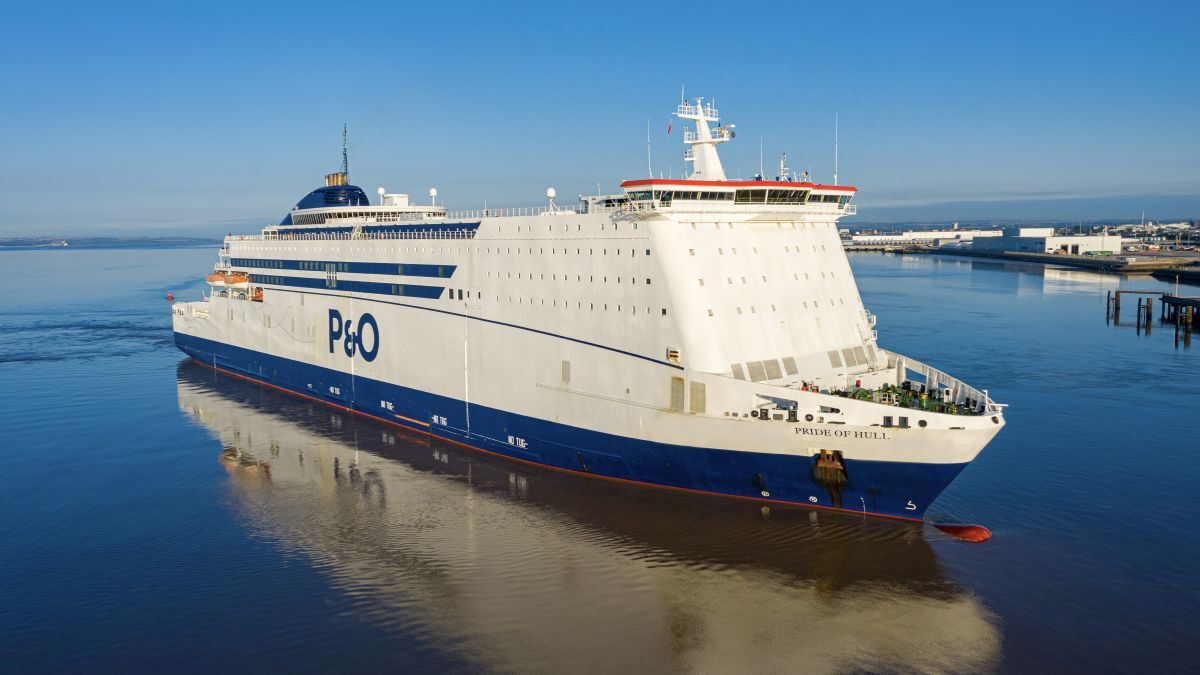Business Sectors
Events
Offshore Wind Webinar Week
Contents
Register to read more articles.
Global actors unite in Nice for urgent ocean action
Nice Ocean Action Plan to deliver co-ordinated legal, financial and scientific support for marine protection
The 2025 United Nations Ocean Conference, taking place in Nice 9-13 June 2025, opened with a unified call for decisive global action to reverse the deterioration of ocean health, against a backdrop of mounting scientific concern and escalating environmental pressures.
The high-level summit, co-hosted by the governments of France and Costa Rica, marked the launch of the Nice Ocean Action Plan – a political and voluntary framework designed to guide urgent science-based interventions.
United Nations secretary-general António Guterres described the international moment as one requiring courage and resolve. "I urge all countries to come forward with bold pledges. We live in an age of turmoil, but the resolve I see here gives me hope. Hope that we can turn the tide," he said at the opening plenary.
French President Emmanuel Macron urged a revival of multilateralism centred on UN leadership, calling for the mobilisation of both political and scientific actors. Costa Rican President Rodrigo Chaves Robles framed the issue as a moral and economic imperative, "Looking after the ocean is not simply an option. Rather, it is a moral, economic, and indeed, a survival necessity."
Over the five-day conference, participants focused on strengthening the science-policy interface, increasing protected ocean areas, and securing ratifications of the 2023 Marine Biodiversity Treaty. UN under-secretary-general and conference secretary-general Li Junhua warned against inertia. "The time for incremental progress is over. We need billions, not millions, in investment. We need binding commitments that survive political transitions and economic pressures."
Scientific integrity and reliable data emerged as the central theme of the session titled Increasing ocean-related scientific cooperation. The panel, chaired by Intergovernmental Science-Policy Platform on Biodiversity and Ecosystem Services’ David Obura, heard calls for deeper integration between data producers, policymakers and the public.
Portugal’s minister of agriculture and the sea, José Manuel Fernandes, underlined the necessity of community engagement in managing ocean resources. "There is no time to lose. We must all row in the same direction together – the planet cannot wait any longer for us to act."
Panama’s minister for foreign affairs, Javier Martínez-Acha Vásquez, reinforced the urgency of the global timeline. "Now is the time to do more. We must move swiftly."
UNESCO Intergovernmental Oceanographic Commission executive secretary Vidar Helgesen cautioned against sectoral silos and short-termism. "The ocean is not divided by sectors or compartmentalised, and our response must reflect that complexity," he said. Less than 1% of development finance is directed toward ocean protection, which he described as inadequate given the scale of environmental and economic risk.
World Meteorological Organization secretary general Celeste Saulo described accelerating ocean warming, acidification and sea-level rise as an existential challenge. "Ecosystems, populations, trade and supply chains are all being disrupted – resulting in billions of dollars in blue economy losses," she said. She announced WMO’s new initiative to deploy 10,000 observation ships to enhance early warning systems.
Researcher at the Second Institute of Oceanography under China’s Ministry of Natural Resources, Li Jiabiao, stressed that ocean science must break through cognitive and political boundaries. He cited the ocean’s vastness and complexity, calling for regular assessments and capacity-building partnerships with Global South nations.
Mercator Ocean International director-general Pierre Bahurel spoke of the increasing demand for impartial, science-based forecasting tools. "Global mobilisation is essential to ensure no one is left behind," he said, identifying digitalisation as a transformative force in ocean science access.
OceanX co-chief executive officer and chief science officer Vincent Pieribone called for broader participation in ocean research and learning. "We need systems that ensure everyone, especially those on the front lines, can generate, use and benefit from ocean science," he said.
Outside of the conference rooms, the United Kingdom reinforced its legislative commitment to the Agreement under the United Nations Convention on the Law of the Sea on the Conservation and Sustainable Use of Marine Biological Diversity of Areas beyond National Jurisdiction or BBNJ Agreement for short.
The Department for Environment, Food & Rural Affairs confirmed a bill to enable treaty ratification would be introduced before the end of 2025. The UK’s marine minister Emma Hardy stated, "Our oceans are dying. Without urgent action, they will be irreversibly destroyed."
The BBNJ Agreement, also referred to as the High Seas Treaty, is intended to facilitate the creation of marine protected areas in international waters – which account for nearly two-thirds of the ocean. The treaty underpins the 30 by 30 commitment to protect 30% of marine environments by 2030.
The UK also aligned with over 90 countries in supporting a global treaty on plastic pollution, ahead of resumed negotiations in Geneva this August. National measures, including a proposed ban on bottom trawling in sensitive marine habitats, were noted as complementary domestic actions.
The scale of the challenge remains daunting. Ocean heat records continue to be broken, and plastic contamination persists across all depths. However, the Nice Ocean Action Plan, incorporating both political pledges and voluntary commitments, is designed to form a unifying roadmap.
Its credibility, however, will rest on funding and implementation. Panellists repeatedly referenced the need for robust financial backing. Ms Saulo described this as non-negotiable, "This is a must. The ocean is paying a heavy price. It has a long memory – and it will not forget; it will not forgive."
The conference, which attracted representatives from 55 heads of state and government, 450 side events and thousands of participants, will conclude with the formal adoption of the Nice Ocean Action Plan. Whether this turns rhetorical momentum into operational commitment will determine the legacy of this latest UN gathering.
Sign up for Riviera’s series of technical and operational webinars and conferences:
- Register to attend by visiting our events page.
- Watch recordings from all of our webinars in the webinar library.
Related to this Story
Events
Offshore Wind Webinar Week
Maritime Decarbonisation, Europe: Conference, Awards & Exhibition 2025
Offshore Support Journal Conference, Americas 2025
© 2024 Riviera Maritime Media Ltd.


